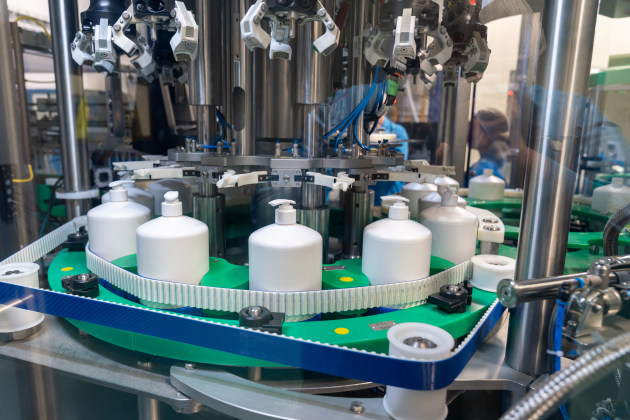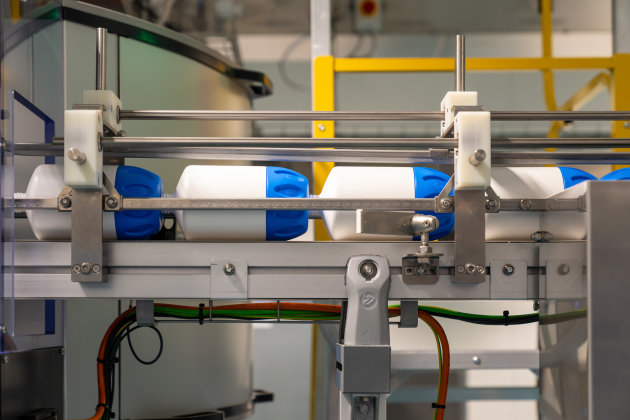Ego Pharmaceuticals has expanded production at its Braeside facility with the installation of a newly-minted QV cream production line, as the company sets its sights on long-term growth. Navan Kaur reports.

In a move described by chief operating officer of Ego Pharmaceuticals, Glen Fleming, as essential for supporting both domestic and export growth, the investment in the new line forms part of the company’s broader strategy to improve operational efficiency, enhance sustainability, and future-proof its Australian manufacturing operations
Fleming told PKN the new cream line is part of a $35 million investment announced in 2023, aimed at increasing production capacity by 50 per cent and generating new jobs. The overall project includes new filling lines at Braeside and an extension to the company’s global distribution centre at Dandenong South.
“The investment was driven by our desire to increase manufacturing capability and efficiency while allowing us to support both local and fast-growing export markets,” Fleming says.
Aligned with the company’s manufacturing roadmap for sustainable growth, the new line doubles the facility’s output for QV Body products in bottles including QV Cream, QV Gentle Wash, QV Skin Lotion, and items from the QV Ceramides, QV Dermcare Eczema Daily, and QV Intensive ranges. It caters to packaging formats ranging from 100g to 1kg and can efficiently handle different SKUs, sizes and export variations.

Fleming says, “The new line operates at twice the speed of our current lines and requires the same number of operators, effectively halving labour needs. Manual handling is also dramatically reduced, improving the safety of our people.”
The new German-engineered filling line is highly automated, incorporating a supervisory control system and an accumulation system to ensure high efficiency. It’s also connected to the company’s network, enabling data-driven production insights for ongoing process optimisation.
A key feature of the rotary, bottom-up, net weight filling machine is precision temperature control, required because Ego’s creams fill best within a narrow temperature range.
Fleming notes that the investment not only delivers extra capacity but also supports supply chain resilience. “The future of Australian manufacturing needs to be automated, efficient and safe, with minimal manual handling, to remain competitive,” he said.
Sustainability has been a key consideration in the line’s design. Fleming explains, “Our design throughout the line has allowed for the inclusion of automated checks which will reduce reject rates, and consequently reduce waste and landfill. The line design is compact, which reduces the size of the building required and the energy output required to keep the room operational. For example, the air conditioning systems for our clean rooms are a significant consumer of electricity, so keeping these as small as practical reduces energy consumption.”
Although the investment did not include packaging upgrades, Simone Thomassen, Ego’s global product projects & studio manager, confirmed the company is collaborating with local manufacturers on future packaging projects. “We’re always working to improve sustainability in our packaging components while ensuring they’re compatible with our new production line,” she says.
Looking to the future, Fleming says plans are underway for a new greenfield manufacturing facility at the Dandenong South site. “The first production line at the new site will closely resemble the current one. It’s a chance for us to dramatically reduce scope 1 and 2 emissions from the manufacturing process,” he says.
With demand for QV products continuing to grow both locally and overseas, and the shift towards automation, sustainability and onshore expansion becoming more pronounced, Ego’s strategic investment in its Braeside facility paves the way for a new era of scalable and sustainable manufacturing.
This article was first published in the May-June 2025 print issue of PKN Packaging News, p44.





